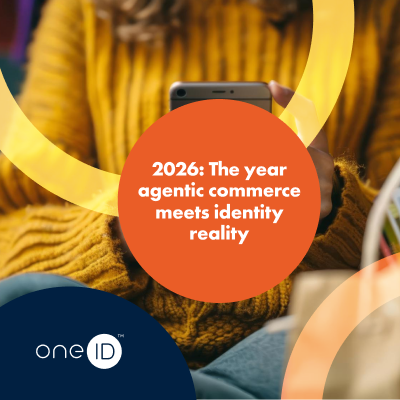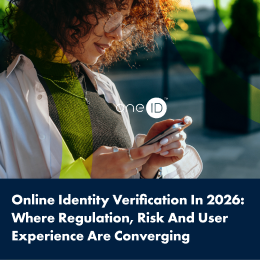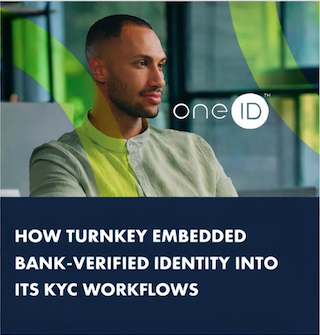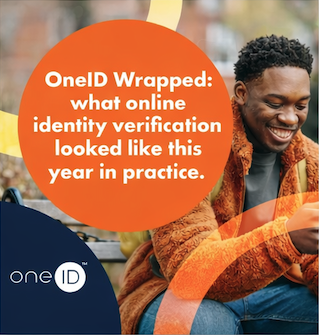The diversity, equity and inclusivity (DEI) agenda has come to the forefront of discussions across all areas in recent years – gaining real meaning instead of being stuck in the limbo of bureaucratic checkboxes.
From education to employment, legal to legislative, finance to philanthropy –underrepresented communities and individuals now have better access to opportunities and benefits. However, one aspect of inclusivity that’s often overlooked is the lack of identity or, rather, the lack of ways to prove their identity and the inability to access benefits.
Providers of KYC solutions will know only too well the impact of their customers not having valid ID documentation.

Identity inclusivity for every UK citizen
The inability to open a bank account, for instance. The ability to make and receive payments is one of the most fundamental rights of an individual. However, the lack of a photo identity document, constituting about 8% of the UK population, keeps even this elementary form of financial independence beyond their reach.
Many new-age banks are disrupting the status quo in this area. By being flexible enough to use the full range of acceptable documents listed by the UK Government, banks like Monzo, Starling, and Revolut are financially empowering the 11 million previously marginalised UK citizens.
Here’s a list of documents that will be accepted by forward-looking banks:
• Proof of ID: a letter from your GP / social landlord/ vicar/ care home manager/ warden of sheltered accommodation, hostel or refuge/ armed services officer.
• Proof of address – a letter from DWP/ benefits/ state pension/ HMRC/ JobCentre+/ your local council/ a Blue Badge (disability)/ your employer, college or training provider.
Leveraging the trust in banks
Institutions, businesses and the Government place immense trust in banks because of their strict KYC and Customer Due Diligence (CDD - ), the most advanced counter-fraud measures in existence. A bank-verified digital identity draws on the results from the checks that banks have run on their customers when opening an account and shares this, with the consent of the individual, using the Open Banking Framework. As a result, anyone with a bank account – 96% of UK citizens – can prove their identity, whether they have a conventional photo ID or not.
What does bank-verified identity mean for providers of KYC solutions?
Bank-verified digital identity is a 100% digital and document-free solution that offers a seamless journey that can be completed on mobile from anywhere within seconds. By leveraging bank-verified digital identity solutions like OneID, KYC providers and businesses can expand their verified customer base and deliver a frictionless KYC journey.
• A fast, KYC-compliant alternative to add to the KYC waterfall approach.
• A smooth, simple digital journey that takes just seconds.
• Access to 8% of the UK population who don’t possess photo ID.

Agentic commerce is already operating inside live retail, payments, and platform environments. For Partn...

Online identity verification entered a new phase in 2025. Across adult platforms, gambling, financial se...

Last month, we joined Turnkey for an industry event to talk about a challenge many regulated platforms a...

2025 has been a year of continued growth and real-world proof for OneID®. As expectations for identity a...